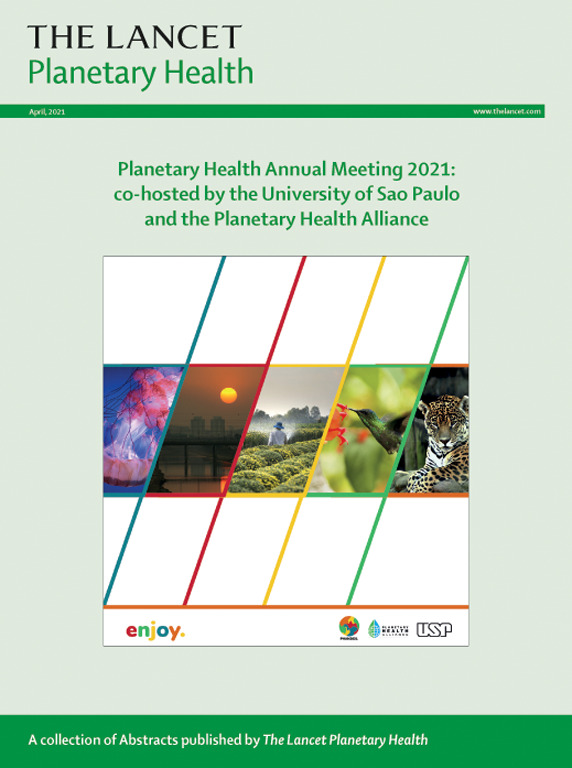碳市场:土著人民的新殖民主义?
IF 21.6
1区 医学
Q1 ENVIRONMENTAL SCIENCES
引用次数: 0
摘要
气候变化和生物多样性危机相互关联和复杂,这使得在如何看待和实施国家和国际可持续性努力方面进行转型变革的紧迫性日益增加。尽管碳市场作为可持续发展努力的一部分具有众所周知的好处,但对碳市场机制的审查越来越多,在社区层面上存在着应有的不信任。土著人民是生物多样性景观的关键管理者,但他们仍被排除在碳市场决策之外。由于这种排除,土著人民在当前碳市场设计和决策中的地位问题仍然悬而未决,他们的作用尚未在更广泛的政策和实践中得到充分认识。基于严重的不平等、边缘化和种族主义,我们质疑碳市场是一种新形式的殖民主义吗?我们进一步思考碳市场对土著人民的挑战和潜在机遇,并以不同地区的例子为基础进行反思。本文章由计算机程序翻译,如有差异,请以英文原文为准。
Carbon markets: a new form of colonialism for Indigenous Peoples?
The interconnected and compounding climate change and biodiversity crises have led to increased urgency in moving towards transformational change within how national and international sustainability efforts are viewed and operationalised. Despite the known benefit of carbon markets as part of these sustainability efforts, there has been increasing scrutiny of carbon market mechanisms, with warranted distrust present at the community level. Indigenous Peoples are key stewards of biodiverse landscapes, yet their exclusion within carbon market decision making is ongoing. With this exclusion, outstanding questions remain on the placement of Indigenous Peoples within current carbon market design and decision making and their roles have yet to be fully appreciated in wider policy and practice. Platformed on substantial inequities, marginalisation, and racism, we therefore query in this Personal View, are carbon markets a new form of colonialism? We further reflect on the challenges and the potential opportunities of carbon markets for Indigenous Peoples and anchor our reflections with examples from different regions.
求助全文
通过发布文献求助,成功后即可免费获取论文全文。
去求助
来源期刊

Lancet Planetary Health
Multiple-
CiteScore
28.40
自引率
2.30%
发文量
272
审稿时长
8 weeks
期刊介绍:
The Lancet Planetary Health is a gold Open Access journal dedicated to investigating and addressing the multifaceted determinants of healthy human civilizations and their impact on natural systems. Positioned as a key player in sustainable development, the journal covers a broad, interdisciplinary scope, encompassing areas such as poverty, nutrition, gender equity, water and sanitation, energy, economic growth, industrialization, inequality, urbanization, human consumption and production, climate change, ocean health, land use, peace, and justice.
With a commitment to publishing high-quality research, comment, and correspondence, it aims to be the leading journal for sustainable development in the face of unprecedented dangers and threats.
 求助内容:
求助内容: 应助结果提醒方式:
应助结果提醒方式:


